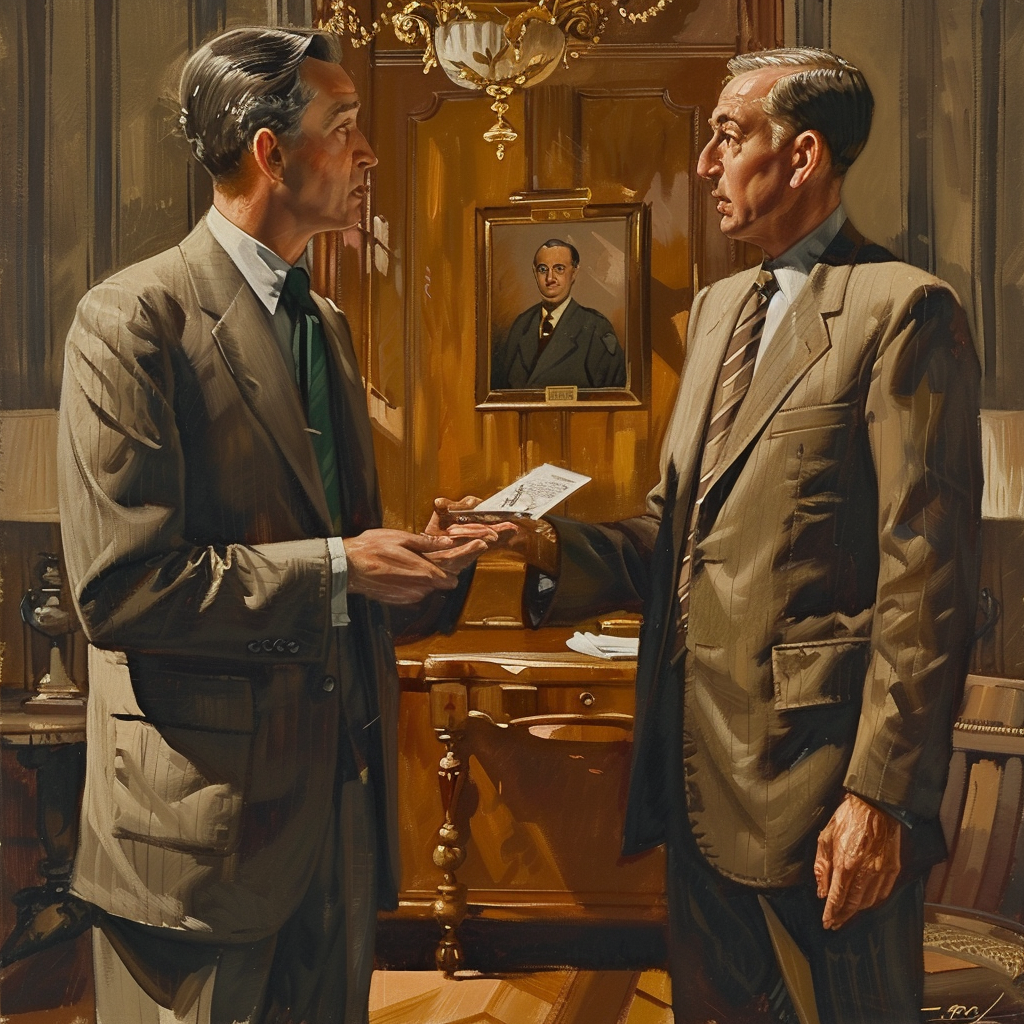If you just saw that title as something obscene, you might also have spent the weekend at a conference and still be a bit loopy. At least, that’s my excuse and I’m most definitely sticking to it.
But of course what I meant is what’s known as walk on parts in the theater. The butler comes in and hands Mr Whatsit a salve with a card, which card bears news of Mr. Whatsit son’s death or impending visit, or whatever the plot demands.
These parts are necessary, because they fill in the sense of a real world. In the real world, while everyone is the main character of his or her own story, the fact is that were not all main characters of each other’s stories.
The clerk at the travel stop from whom I bought a pack of gum a few days ago might be a lovely young man, and secretly in love with his manager’s daughter. He might be working the afternoon shift at a travel store, but at night he composes music that will soon relegate Mr. Mozart to the position of a decent but flawed semi-amateur.
But in my story, he’s the guy who scanned my pack of gum, then gave me the receipt after I paid for it.
If I were writing the story of my trip as fiction anything more than I paid the clerk for my gum and he gave me a receipt would be superfluous. I don’t actually remember what the man looked like. I’d bet he was fairly non-descript, but honestly, he might have been an Adonis and I wouldn’t have noticed, since my mind was on figuring out why the keyboard was glitching and preventing me from writing my novel. Not happy making. (Yes, its still glitching. GAH.)
I went through a phase — I’ve made every single mistake. Twice. Sometimes uphill both ways. — where I’d feel a need to describe every single walk on character. And never according to stereotype, either. An innkeeper would be thin and lugubrious. The tavern wench would be small and shy. The mortician would be jolly and fat. Cats would be dogs. Dogs would be cats. Nothing was as you expected.
And then I realized that like most things I do for being contrary, or simply because it happens in the real world, is actually introducing elements and clues that don’t remotely belong in the story.
If your mortician is fat and jolly people are going to wonder why. Does he enjoy working with corpses that much? What does he do in that tiled room, precisely? If your innkeeper is skinny, is he a bad cook? Oh, wait, is this important to the plot? Does he suffer from a wasting disease? Did he just have bad news? Is that why he cant even smile at his guests? etc.
Because a novel isn’t the real world. Humans experience the real world as narrative, or at least some of us store our memories that way. But that means our brain abstracts the narrative from multiple, not particularly coherent information streams.
Meanwhile, the story you’re telling is already at that level of abstraction. People don’t have to comb it for discordant clues. Those with some experience of stories — all of us over age of two — take anything you tell them about a situation as already being a clue.
This is by the way what explains why people keep shipping characters you never thought would be together. Because if you have a male and a female on the page, its assumed to mean something, and therefore they must have some relationship, no matter how far fetched that idea.
So, don’t clutter your readers’ perception with unnecessary and strange details. Let the walk-on parts be walk in parts. Let the maid tell the lady that Mr. so and so has come to call. Let the page scamper onstage and off. Let the dancer dance and then leave.
Do not stop to tell us about the walk-ons unless the walk-ons have some relevance to the plot. Let your character buy gum and move on with life.
You know how every action leaves a trace? well, that’s true for your novel. Don’t leave the wrong traces in your reader’s mind or you’ll make your novel incoherent and not immersive.
And that’s all.



Leave a comment